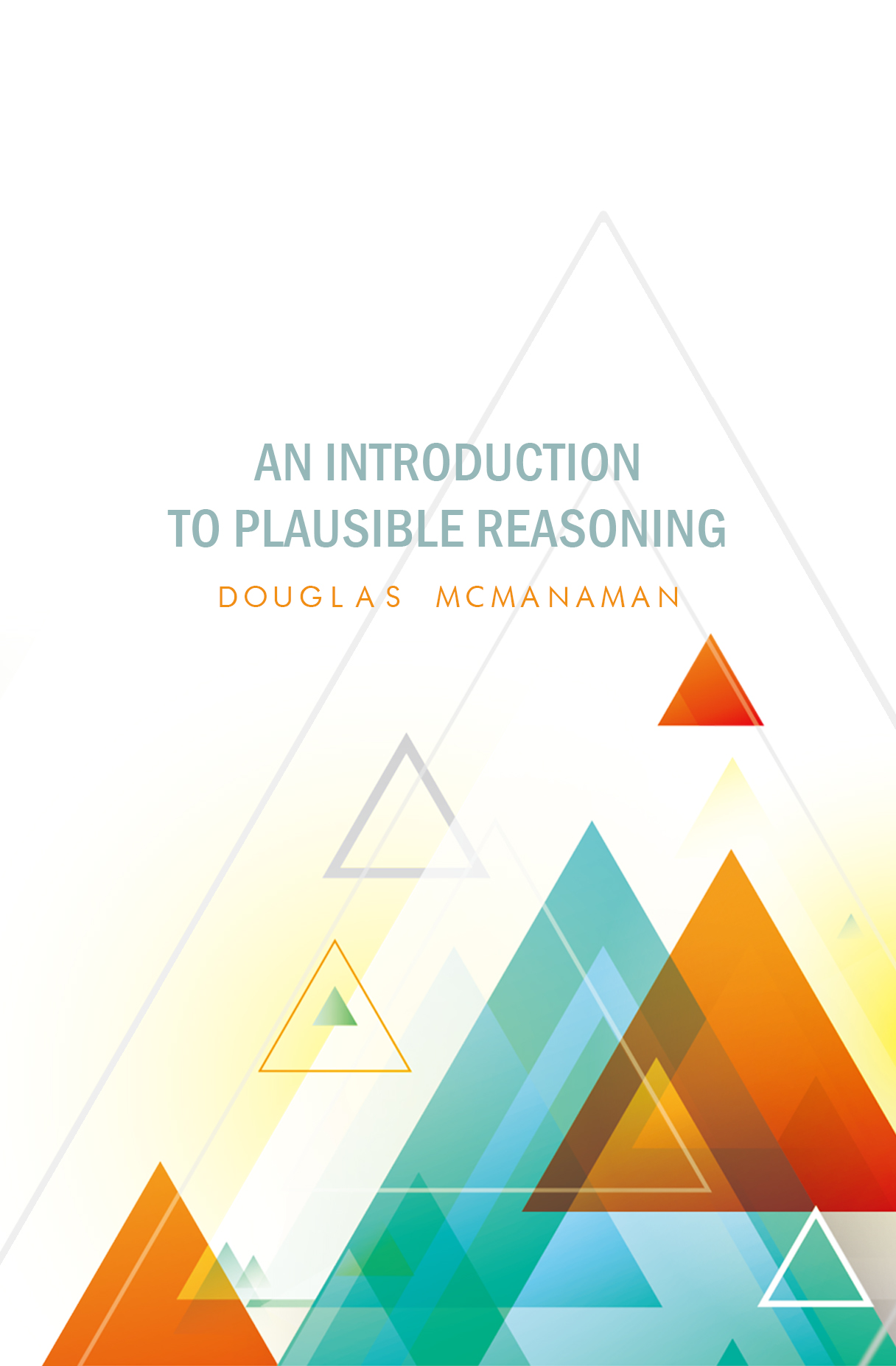“It [aid-os] has been translated variously as respect, modesty, or shame, but for Greeks in the classical era it usually meant avoiding error associated with excess or failing to recognize the limitations of the human condition. The spirit of aid-os means that citizens refrain from unnecessary harshness in public debate. All may feel passionately about their views, but in presenting them they should refrain from consciously divisive comments or questioning the good faith of others who do not share their views. The Greek view was that democratic society must guard against excesses that hinder finding consensus for action after debate.”
Scott Horton, Lords of Secrecy.
Order Kindle edition here
Order Kobo edition here
Some PowerPoints on Various TOK topics
- Introduction to Critical Thinking
- Confidence Thresholds
- TOK Induction Biases
- The Logic of Induction
- Knowledge as Map (Metaphor)
- Important Points on Information
- Plausible Reasoning
- Some Points on Knowledge and Bell Curves
Articles
The Residual Fallacy (article)
Various Thoughts on the Limitations of Human Knowing
Is all our knowledge a construct?
Models and their constituent parts
Some Thoughts on Epistemic Models
Cultural Marxism and Some Logical Basics
The Logic of Ideological Narratives
Some Points on Plausible Reasoning
Thoughts on Collective Responsibility and Identity Politics
Some Thoughts on Consciousness and Neurochemistry
These Students are not as Smart as Last Year’s!
A Reflection on Deformation Professionelle in Schools
Thoughts on Fundamentalism and Dogmatism
A Modal Proof of God’s Existence
Thoughts on Collective Responsibility and Identity Politics lifeissues
Some Thoughts on Knowledge and the Logic of Conspiracy
Rigidity, Pope Francis, and the Difficulties of Achieving Knowledge
Some Thoughts on Vincible and Invincible Ignorance
(Talk delivered to Catholic students of McMaster University)
Dawkins, Simplicity, and Complexity
Other Useful Articles for IB Students
 (
( (
(